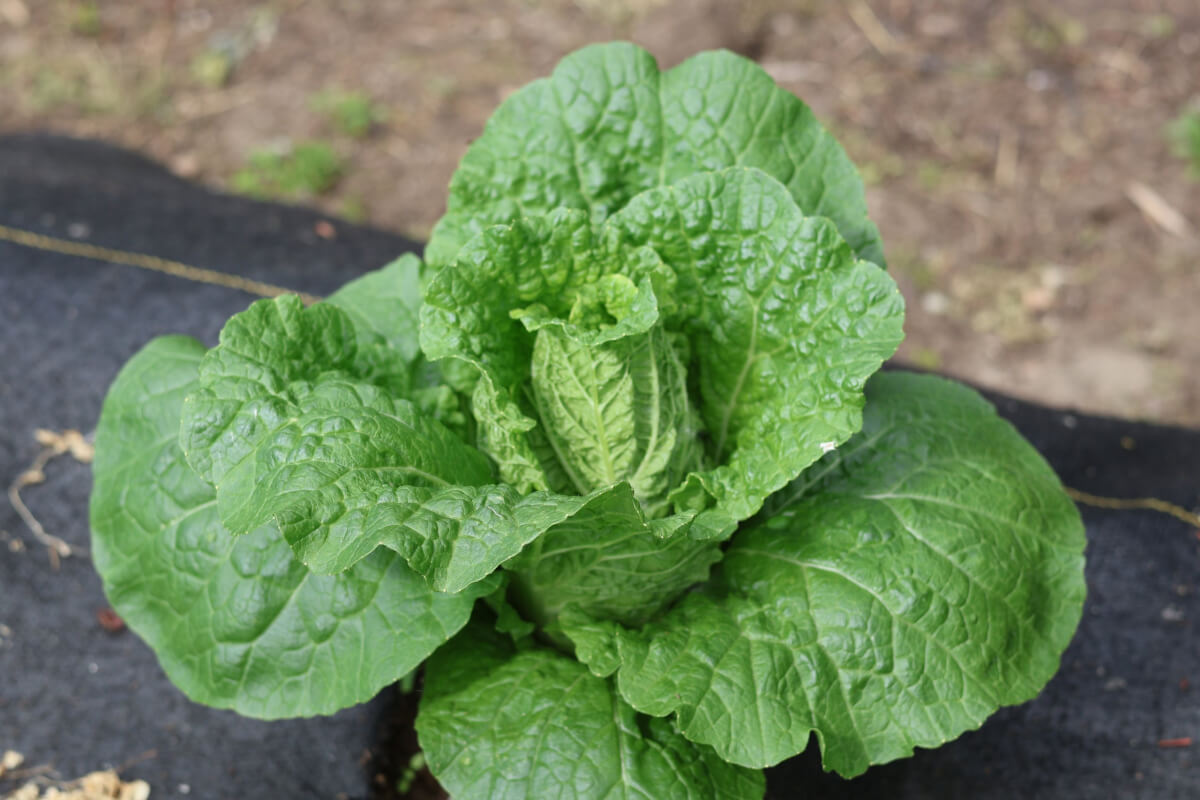The next topic in our “growing without a garden” series involves working other people’s gardens!
Perhaps disappointingly, there are a lot of neglected and unused gardens out there. Sometimes they’re people that are just no longer interested in gardening, some inherited one with a home they purchased, some might be aging and unable to take it on and you can even find people that just don’t have time that season to work their garden. Or, maybe an active gardener would love to share their own space with another grower!
You can find these opportunities a number of different ways. Using tools like NextDoor, Craig’s List or your local gardening Facebook group is a good first step. Or, maybe you have a friend, acquaintance or family member that fits the bill? Often times, these people will be thrilled to have their garden worked again. They’ll often let you do it just for a little bit of the fresh produce that you create.
We would generally recommend that you visit the garden prior to committing to it, excited as you might be. You might find that the garden is embattled with something like horsetail and that’s likely to make you quite miserable. Or, maybe it’s in a rough state and a bit too much work for you to take on. But, it’s usually worth following up those leads as you might also find a real gem!
An important thing to discuss with the garden owner are things like access to water, rules they might have (like when you can access it, where you can park, etc.) and what they expect from you for clean up at the end of the season. It might even be worth drawing up an informal “contract” or a “memorandum of understanding” just so you’re both on the same page. (This isn’t too weird, even community gardens have contracts!) Things can always change with these kinds of things, but it usually works out well for most that pursue it. Water access can be a huge challenge, especially in off grid northern areas, so don’t underestimate it and how much water you’ll actually need!
We would encourage you to work with established gardens, as opposed to building one on other people’s property. There is a ton of labor and cost put into establishing a garden space, so you really need a long term vision to go this route. So, unless you are able to establish a long term plan, it’s not likely this route is worth the effort.
If a community garden isn’t quite up your alley, maybe this option might work for you? It’s yet another way to get into gardening without actually owning property and establishing your very own garden!


